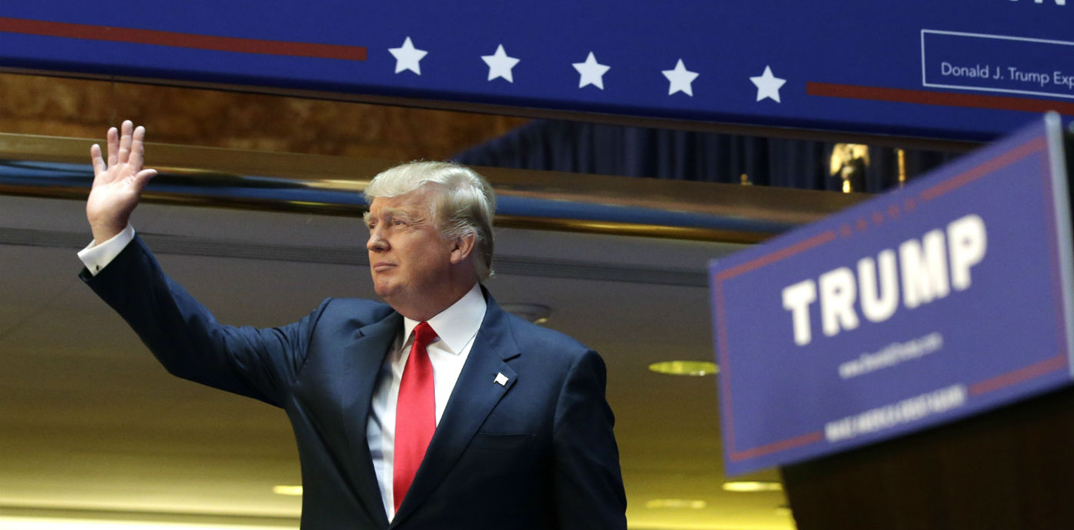Jacqueline DeRobertis
BATON ROUGE — Political scientist Mark Wagner believes that America is not as politically divided as it seems.
“Political division is normal,” he said Tuesday in a talk at LSU. “It’s not problematic that we disagree, but if we stop listening to each other, we are in real trouble.”
He explained that to most people, polarization means red versus blue or right versus left – but that the data tells a different story. While elected officials tend to be hyperpolarized, the public’s beliefs span a range of political ideologies, from populist to libertarian, with some moderates drawn from each camp.
Wagner, a professor at the University of Wisconsin who is working on a book about the partisan divide, gave a presentation at the Reilly Center for Media & Public Affairs at LSU’s Manship School of Mass Communication.
Politicians today tend to play up the divide to get elected and focus less than candidates used to on bridging some of the ideological gaps and appealing to more people.
“It’s a way to win elections,” Wagner explained. “Our system is set up to where, if you win one more vote than another person, you get all the win, and so there is less of an incentive to compromise, less of an incentive to moderate.”
Several factors – voting behavior, whether or not someone engages in political activities and how someone consumes political media – indicate how closely people line up as Republican or Democrat and the degree to which someone seems to belong to one of those parties.
The problem for both voters and politicians, then, becomes how to reconcile these differences.
“What the parties are faced with is a set of really difficult choices, because we have these people who are not perfectly a part of a system, but they still vote a lot,” he said.
This leaves the misfit voters who do not line up perfectly with either party with two choices – either exit the system by refusing to vote or continue to vote but with a low faith in government.
As a result, political parties are stuck in what Wagner calls a “sea of uncertainty.”
“They understand how a two-party system works, and they understand who their base is, and they understand who they need to target,” he said. “They don’t have a very good idea about how to do that.”
He acknowledged that the heated conversations between families and friends are becoming more common given the partisan divide.
In a survey conducted in Wisconsin, Wagner said that about 35% of people reported that they stopped speaking to a friend because of that friend’s opinion on Republican Governor Scott Walker.
“Politics is affecting our lives – our social lives – in ways that it really hasn’t before,” he said.
Civility and listening, he said, are crucial.
“I don’t think it’s pointless to talk about these kinds of things,” he said. “I think it’s usually good, broadly, for our democratic experiment, to take seriously what people say on the other side.”
As for the average American who feels lost in the tug-of-war between the two major parties, Wagner had words of comfort.
“If they think to themselves, ‘I’m not stupid, but the way I think about the world doesn’t quite match what the Republicans and Democrats are selling,’ that’s a reasonable position to have,” he said. “There are a lot of people out there like that. They deserve representation, too. Just because they don’t perfectly match one of the issue-menus that the parties offer doesn’t mean that they’re not deserving of robust, careful representation from their leaders.”

